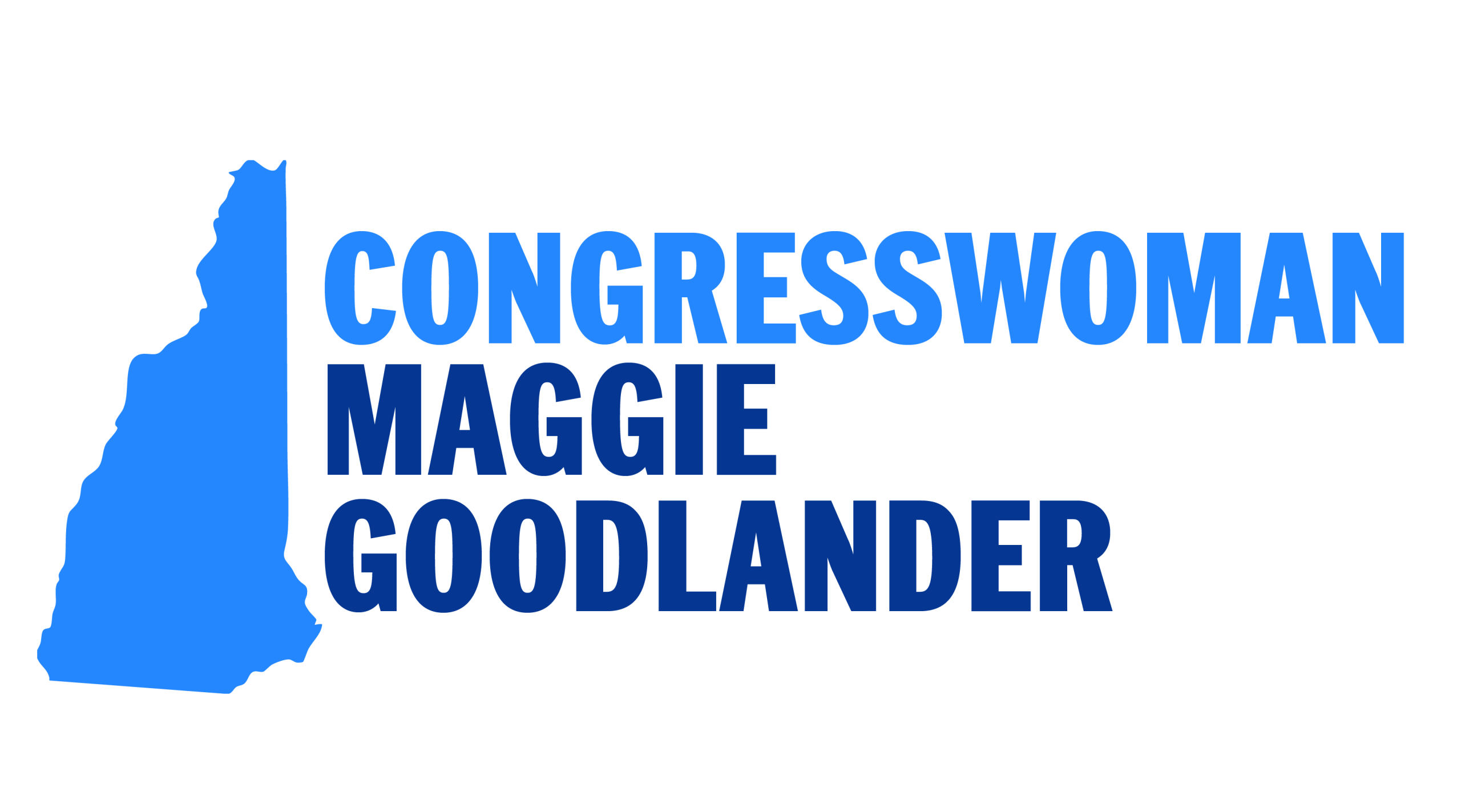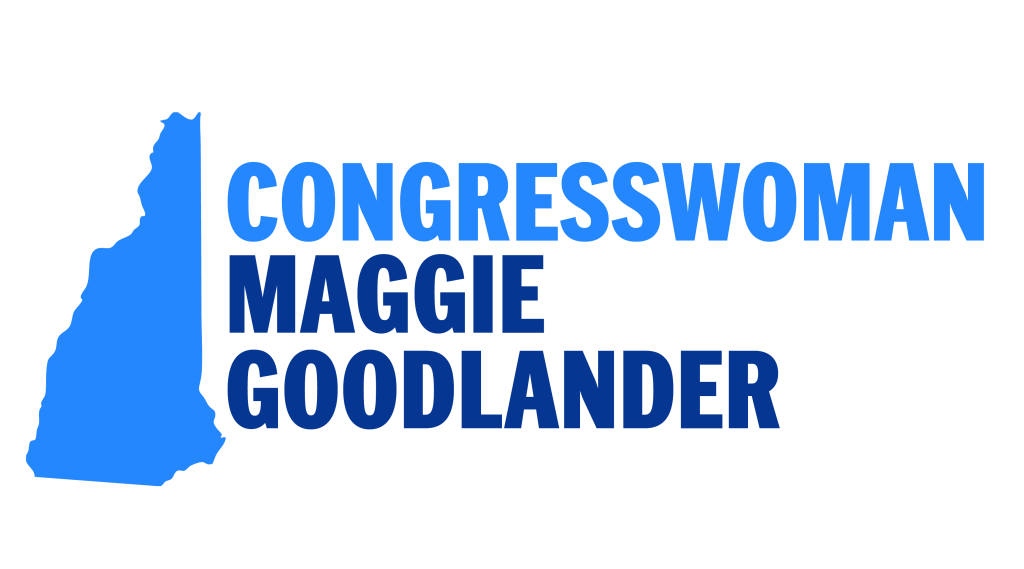For Becca Scheetz, the month of October brought one hit after another. Her job is on shakier ground with each day of the federal government shutdown, the rent at her Concord apartment is going up and now she’s staring down the barrel of a $100 increase to her health insurance costs each month.
Scheetz currently pays about $340 a month for health insurance, but like many Americans, she’s facing heftier bills next year — about $500 monthly — if enhanced premium tax credits from the Affordable Care Act aren’t renewed.
“I haven’t crunched all the numbers yet because, to be perfectly frank, I don’t want to,” said Scheetz, who fears she won’t like what she finds. “I don’t really know where I can make cuts to my monthly expenses because I don’t spend a ton to begin with.”
Unless the tax credit program is extended by the Nov. 1 deadline, millions of Americans will likely see their health insurance costs inflate in 2026. Scheetz said she expects an increase of about 35%; national estimates are much higher.
Roughly 70,000 New Hampshire residents are enrolled in the healthcare marketplace, with nearly 50,000 people receiving the advanced premium tax credits.
Renewing these tax credits is a central issue in the government shutdown this month, forcing Congress into a stalemate. Democrats like Rep. Maggie Goodlander say letting them expire would not only have a tangible impact on household budgets but send shockwaves through the healthcare system.
“When you don’t extend these tax credits, which are a lifeline to so many families, it’s going to have a systemic impact,” Goodlander said. Combined with the Trump administration’s cuts to Medicaid and other services, all happening in a short time, “catastrophe and devastation” will follow, she said.
For Scheetz, it’s one more added cost to the heap of money she already pays for healthcare after she was diagnosed in 2019 with a rare autoimmune disease that causes muscle weakness. She gets medication infusions every few months, which, even with insurance, run thousands of dollars, Scheetz said. She usually tries to find insurance with the lowest possible deductible.
Scheetz weathered several upheavals this year with her job and health insurance. She previously worked for the U.S. Department of Agriculture, but her position, among thousands of other federal employees, was eliminated by the Trump administration earlier this year.
So, she took a $10,000 pay cut to work as a conservation planner at a nonprofit organization in New Hampshire. Much of her job is still federal government work, however, so the longer the shutdown continues, the closer she comes to a potential furlough.
Like many nonprofits, the role didn’t come with extensive benefits, so she purchased health insurance on the marketplace. Her plan just went into effect on Oct. 1.
“I’ve barely been on this insurance, not even a full month, and it’s already going to go up,” Scheetz said.
Michelle Lawrence, a cancer patient from Henniker who volunteers with several patient advocacy organizations, said she’s been trying to save the tax credits before they expire.
She uses Medicare and Medicaid, not marketplace insurance, but said cuts to healthcare are impacting her, too. She expects her annual premium to rise next year, but lives on a limited income. With terminal cancer, Lawrence can only work about 10 hours a week, combining that income with social security disability payments. Like Scheetz, she isn’t sure what expenses she can cut from her budget.
Lawrence said she wants politicians to understand that there are real-world ramifications when cutting investments in healthcare.
“There are humans on the other end of those decisions, and it impacts people and their access to care and whether or not, often, if they’re alive. If I didn’t have access to care, I wouldn’t be here,” Lawrence said. “I want people to understand it’s not as easy as they think to just decide, ‘Let me sign off on this bill.’”
https://www.concordmonitor.com/2025/10/30/premium-tax-credits-impact















